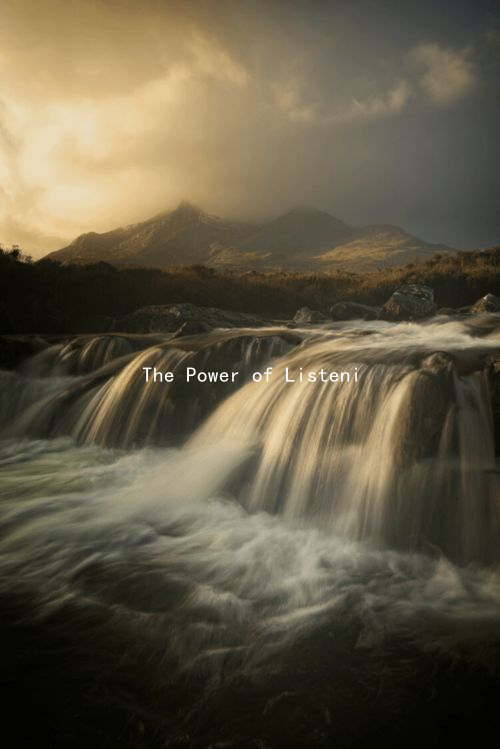The Power of Listening: How to Salvage a Relationship by Being Attentive
In any relationship, communication is key. However, it is not just about talking; it is equally, if not more, about listening. The power of listening can transform conflicts into understanding, complaints into resolutions, and emotional distance into closeness. In the realm of romantic relationships, being attentive to your partner’s words and feelings can be the difference between salvaging a struggling relationship and watching it fall apart.
The first step in harnessing the power of listening is to practice active listening. This means not only hearing the words that come out of your partner’s mouth but also engaging fully with their message. This requires you to eliminate distractions—put away your phone, turn off the TV, and make eye contact. By being present in the moment, you communicate to your partner that what they have to say is important. You are showing them that they matter, which is crucial in any romantic relationship.
Active listening also involves reflecting back what your partner has said. This can be done through summarizing their points or asking clarifying questions. For example, if your partner expresses frustration about work, you might respond with, “It sounds like you’re feeling overwhelmed with your workload lately. Can you tell me more about what’s been happening?” This technique not only validates their feelings but also encourages deeper conversation, creating an environment where both partners feel heard and valued.
Empathy plays a significant role in the listening process. When your partner opens up about their feelings or experiences, try to understand their perspective from their point of view. This might require setting aside your judgments or personal opinions temporarily. By empathizing, you can help your partner feel more comfortable sharing their thoughts, which can lead to healthier discussions about relationship issues. For instance, if they’re upset about something you did, approach the conversation with an open mind. A response like, “I can see why that would upset you. Let’s talk about how we can work through this,” can go a long way in making them feel understood.

Moreover, be mindful of your body language. Non-verbal cues such as nodding, maintaining eye contact, and leaning slightly forward can signal your engagement in the conversation. These gestures reinforce to your partner that their feelings and opinions are valued. Conversely, crossing your arms or looking away can create feelings of defensiveness or disinterest.
Listening is also about allowing silence. In conversations, especially those that are emotionally charged, there may be moments of pause. Instead of rushing to fill these gaps with chatter, allow the silence to serve its purpose. It gives both partners time to reflect, gather their thoughts, and consider their feelings before responding thoughtfully.
Finally, remember that listening is an ongoing practice. Relationships evolve, and so do the people in them. Continuous attentiveness can enhance emotional intimacy and trust, leading to a more robust and satisfying partnership. Make it a habit to regularly check in with your partner. Ask about their day, their feelings, and their thoughts on various topics. This not only keeps the lines of communication open but also reinforces the bond you share.
In conclusion, the power of listening is profound in the context of romantic relationships. By actively listening to your partner with empathy, engaging in meaningful conversations, and being mentally present, you can turn challenges into opportunities for growth and connection. As you cultivate this skill, you will likely see your relationship flourish, proving that sometimes, the best way to rebuild a bridge is simply to listen.





